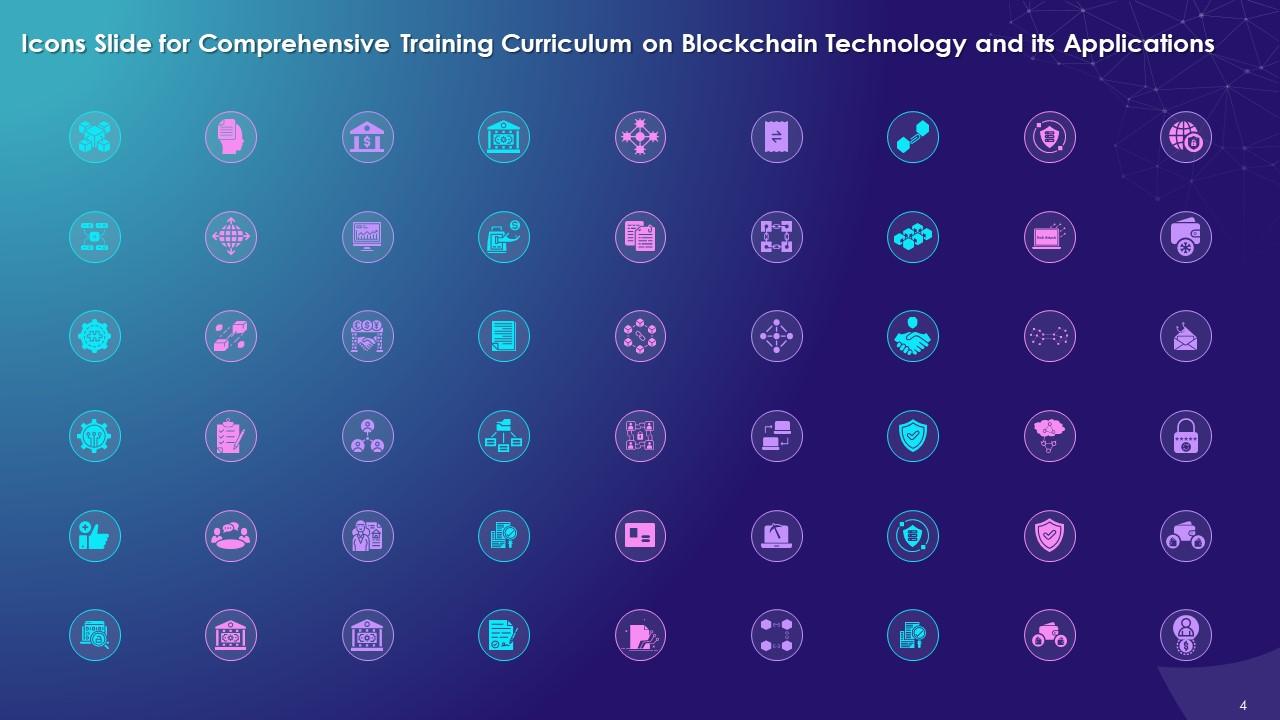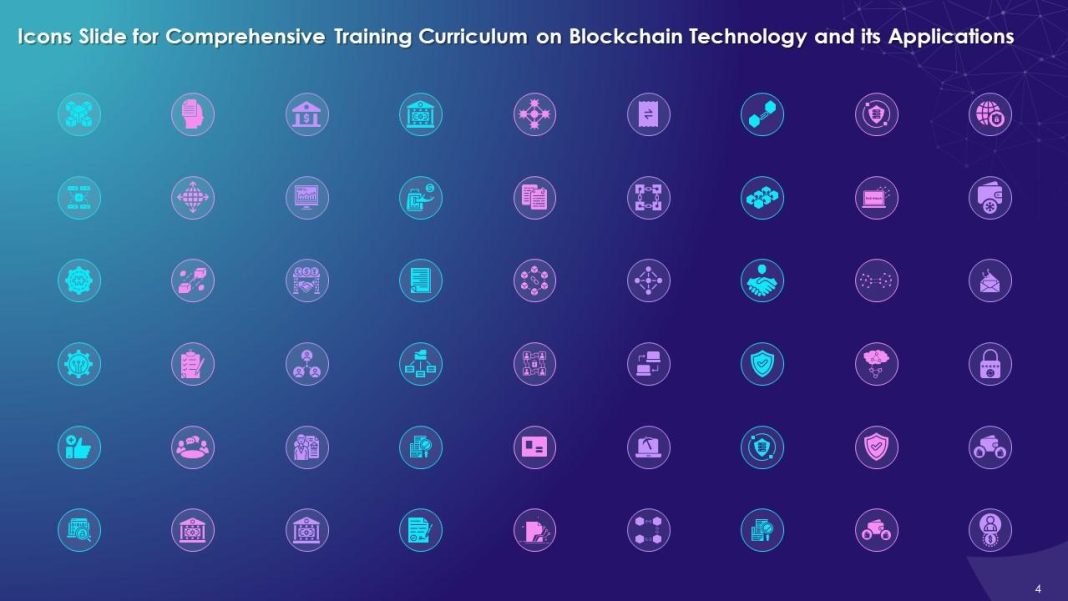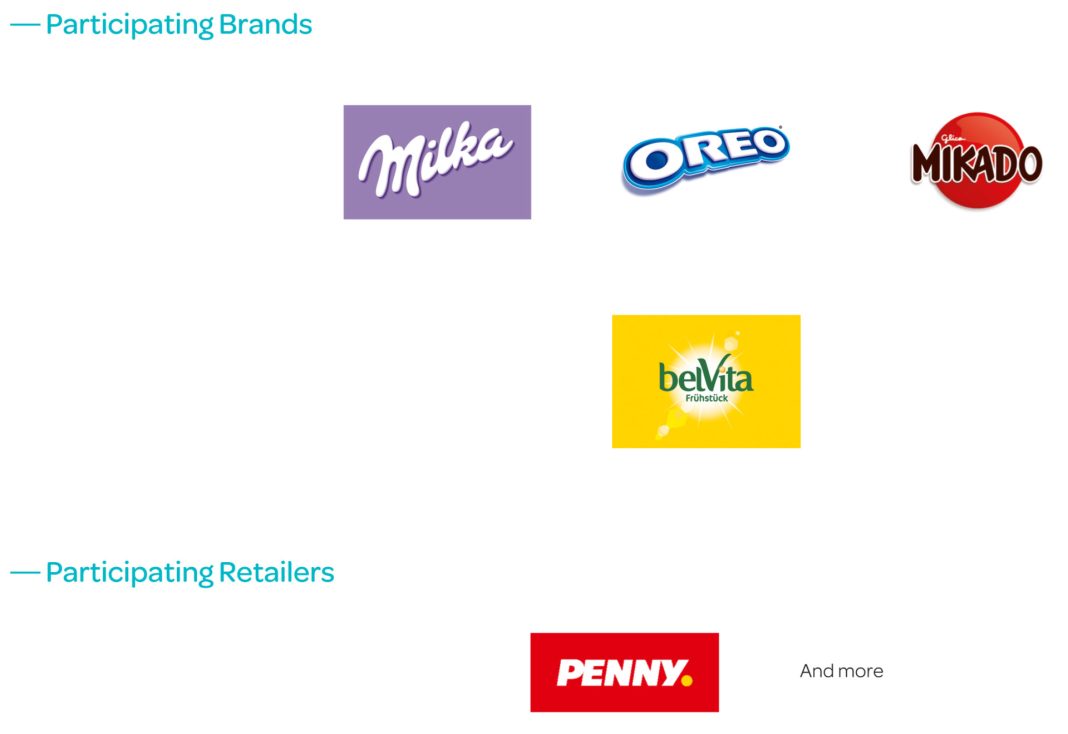 The U.S. Department of Justice, along with 30 states, has filed a lawsuit against Live Nation, the parent company of Ticketmaster, alleging antitrust violations. The lawsuit comes after a DOJ investigation into Live Nation’s potential monopoly in the ticketing industry, which was initiated in 2022. The investigation gained momentum following complaints from fans regarding a mishandled ticket sale for Taylor Swift’s Eras tour.
The U.S. Department of Justice, along with 30 states, has filed a lawsuit against Live Nation, the parent company of Ticketmaster, alleging antitrust violations. The lawsuit comes after a DOJ investigation into Live Nation’s potential monopoly in the ticketing industry, which was initiated in 2022. The investigation gained momentum following complaints from fans regarding a mishandled ticket sale for Taylor Swift’s Eras tour.
Attorney General Merrick Garland stated that Live Nation engages in unlawful and anticompetitive conduct to exert its monopolistic control over the live events industry in the United States. He argues that this control comes at the expense of fans, artists, smaller promoters, and venue operators. The consequences include higher ticket fees for fans, fewer concert opportunities for artists, limited options for ticketing services for venues, and smaller promoters being squeezed out of the market.
Upon the news of the lawsuit, shares of Live Nation fell by 5%. However, Live Nation responded to the allegations by calling them “absurd.” The company argues that the DOJ’s complaint misrepresents Live Nation and Ticketmaster as the sole cause of fan frustration within the live entertainment industry. Live Nation’s executive vice president for corporate and regulatory affairs, Dan Wall, points out that concert promoters and ticketing companies do not control ticket prices. He suggests that factors such as increasing production costs, artist popularity, and online ticket scalping contribute to higher ticket prices.
Live Nation and Ticketmaster merged in 2010, resulting in a dominant presence in the live event industry. The company manages ticket sales globally and owns over 265 entertainment venues in North America. According to the DOJ lawsuit, Live Nation controls approximately 80% or more of major concert venues’ primary ticketing.
The Justice Department’s lawsuit claims that Live Nation maintains a self-reinforcing business model by collecting fees and revenue from concert fans and sponsorships. This revenue is then used to secure exclusive promotion deals with artists, granting them access to key entertainment venues across the country. Live Nation leverages this dominance to enter long-term exclusionary contracts with new concert venues, perpetuating the cycle. The lawsuit also accuses Live Nation of threatening potential competitors and venues that work with rivals, acquiring smaller competitive threats, and discouraging competition in concert promotions through its relationship with venue partner Oak View Group.
Last year, Live Nation faced scrutiny when a surge in demand for Taylor Swift concert tickets led to website disruptions and slow queues. A Senate subcommittee subsequently issued a subpoena to Live Nation and Ticketmaster. The investigation was prompted by the exorbitant ticket prices for Swift’s Eras tour. Many fans resorted to seeking tickets for her shows in other countries, where they often found cheaper options, even after considering international air travel costs.
The DOJ argues that music fans in the United States are deprived of ticketing innovation and are forced to use outdated technology while paying more for tickets compared to fans in other countries. Live Nation, however, claims that it does not benefit from monopoly pricing and asserts that Ticketmaster service charges are not higher than those elsewhere and are frequently lower. The company emphasizes that its overall net profit margin is at the low end among S&P 500 companies.
Live Nation maintains that the lawsuit will not result in reduced ticket prices or service fees. It explains that ticket prices are set by artist teams, and venues retain the majority of ticket fees. The company’s Wall dismisses the lawsuit as “anti-business” rather than a legitimate objection to vertical integration.
Despite the legal challenges, Live Nation reported its “biggest Q1 ever” earlier this month, with first-quarter revenue increasing by 21% compared to the previous year. The company has also faced criticism over transparency issues regarding hidden fees in ticket pricing.
This ongoing story will be updated as developments occur.


